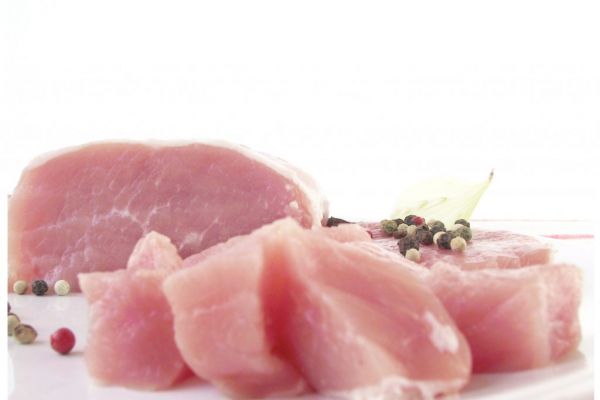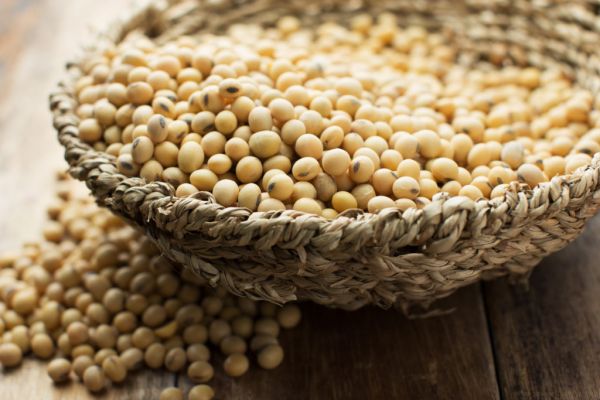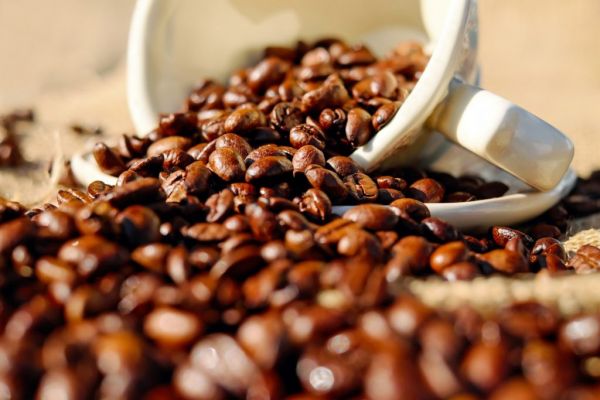Brazil is moving toward a self-monitoring system for the food industry, agriculture minister Tereza Cristina Dias said, including meatpackers still recovering from an inspection scandal that hurt trade with key markets.
Dias said in an interview the government plans to send draft legislation on self-monitoring to Congress in the first half of this year.
Self-monitoring, widely used in the United States and other developed countries in Europe, would be introduced gradually across various agricultural products and eventually used for oversight of meatpackers.
"Why can't Brazil do self-monitoring in Brazil when Europe and the United States use it?" she told Reuters.
Deficiencies In Monitoring
Deficiencies in the monitoring of the world's largest meat exporting industry, revealed by a sprawling federal probe in 2017, led commercial partners to ban certain Brazilian suppliers.
The scandal briefly threatened about $15 billion (€13.2 billion) in exports from Brazil's powerhouse protein industry as markets from China to Europe curtailed shipments of meat pending a review of Brazil's inspection protocols.
But Dias, a farm lobby congresswoman who was picked to head the agriculture ministry by Brazil's new right-wing President Jair Bolsonaro, adamantly defended the food industry's ability to monitor itself since its modern multinational companies already use self-monitoring at subsidiaries abroad.
"Our agriculture sector can provide guarantees. Just because of one episode we shouldn't satanise Brazil's food industry," she said.
The meat industry investigation examined relations between food processors, agriculture ministry officials and laboratories, with a mandate to certify the safety of meat sold domestically and in foreign markets like China, Japan, the Middle East, and Europe.
Dias said she could not give specifics on what oversight would remain in the hands of the government since the matter was still under discussion with companies.
Halal Exports
Dias said she has not begun talks with the European Union over lifting its ban on Brazilian chicken imports as the Bolsonaro government, which took office on 1 January, was still formulating its policies.
Dias said she may travel to China in February or March, but no date has yet been set. The country has imposed anti-dumping measures on Brazilian chicken products, which Brasília is trying to have lifted.
Brazil's farm sector is concerned that Bolsonaro's plan to move the country's Israeli embassy to Jerusalem could hurt halal meat sales to Muslim countries, Dias said.
Exports of Halal food, including beef, chicken, honey and cheese, rose to an estimated $5 billion (€4.4 billion) last year.
"Of course, the agricultural sector that I represent is worried," she said, when asked about possible repercussions for trade with Arab countries angered by Brazil dropping traditional support for a two-state solution to the Palestinian issue.
She said the policy is still being ironed out within the government and talks are being held with trading partners.
"We have to find a middle to find a way ahead because Brazil cannot lose markets. What we need is to open new markets," Dias said.
News by Reuters, edited by ESM. Click subscribe to sign up to ESM: European Supermarket Magazine.














